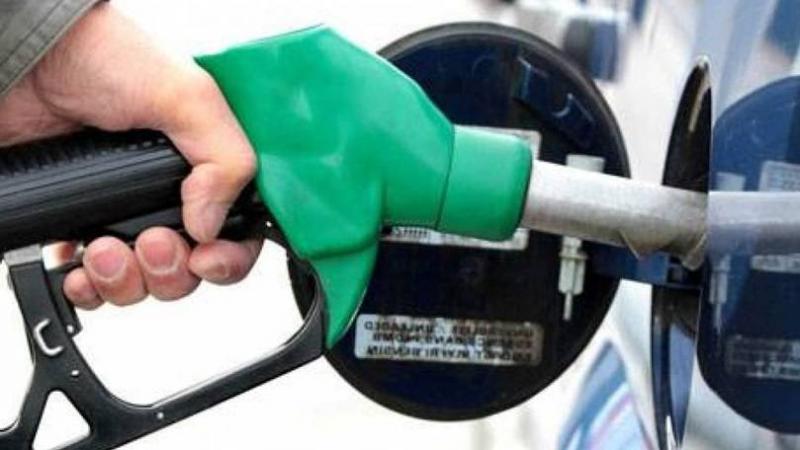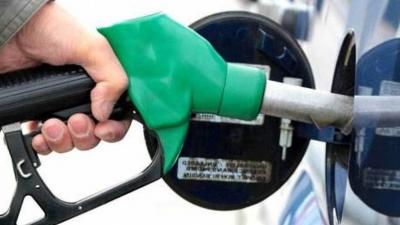Will the price of a heating oil canister reach 2 million LBP by the end of summer? What about the price of gasoline? Will it reach that number as well? And what about the bill for private electrical generator subscriptions? How will the Lebanese manage to power their homes and shops? The answer is not available from the Lebanese Ministry of Energy, fuel importers, fuel station owners, or generator owners... but rather from Russia!
A few days ago, analysts from the well-known American bank and major financial services provider JP Morgan warned that global oil prices could reach $380 per barrel in the coming months, especially if Western sanctions drive Russia—producing about 10 million barrels daily—to implement "retaliatory cuts" in crude production.
Analysts believe that a reduction in Russian supplies by 3 million barrels per day (30%) could push crude oil prices to a record high of $190. The worst-case scenario could arise if Moscow cuts its production by half, leading to a reduction of about 5 million barrels per day, which could result in oil prices reaching $380 per barrel.
JP Morgan analysts lean towards the opinion that Russia might choose this means in the coming months as a form of revenge against the West in response to sanctions, especially with the West preparing to launch the seventh package of sanctions in an attempt to tighten the noose on what it calls the "war machine" led by Russian President Vladimir Putin in Ukraine.
The experts' belief that Moscow may resort to this option is supported by various excuses, such as maintenance work that was previously cited for cutting gas supplies to mainland Europe just days ago, as we approach the second half of summer. Russia's strong economic position may allow it to reduce production by this magnitude, albeit for a short time, without excessively harming the Russian economy. However, this would have catastrophic repercussions on the rest of the world’s economies, particularly if the upcoming "US-Gulf + 3" summit with President Joe Biden in Saudi Arabia does not yield any results, as seems likely. Each country attending the summit seems to have its own domestic concerns (the US wants to increase production, Egypt and Jordan are preoccupied with their own economic crises, while Saudi Arabia and the UAE are focused on the Iranian nuclear issue and the Yemen conflict).
**Weak Scenario?**
Despite this, some analysts view this scenario as somewhat weak or futile, especially if a global economic recession were to prevail, which could curtail global oil demand. This would limit the demand for oil and consequently may restrain Russia's retaliatory actions, creating a balance between intentional production cuts and the natural drop in output due to the anticipated crisis.
However, regardless of these scenarios, Lebanon will naturally not be insulated from the crisis and will instead be among the first and most affected by it, particularly in the electricity sector, which the Lebanese authorities have entirely withdrawn from, delegating it to generator owners who determine the pricing of "electricity amperes" at will without any oversight.
In other countries, state budgets absorb this margin of losses until alternatives are sought (such as legislation or increasing tariffs), allowing citizens some breathing room during the search for solutions. In Lebanon, however, the situation is different as our reliance on private generators and subscriptions means we are like someone drawing oil directly from its source, affected by its price on the spot. There is no intermediary between us, the citizens, and global oil prices; thus, we are directly impacted as soon as prices rise, especially the cost of electricity that we pay for the fuel for our private generators or subscriptions.
A simple calculation for the price of a heating oil canister shows that an increase in the price of oil from around $120 today to $190, a 58.3% rise, would raise the canister price from $25 (716,000 LBP) to $42.74, approximately 1.253 million LBP. The gasoline price, currently at $23 (680,000 LBP), would also rise to around $36.4, about 1.076 million LBP.
If the fears of the Morgan analysts materialize and the barrel price rises to $380, a more than threefold increase, the price of a heating oil canister would become $75 (2.1 million LBP), while the gasoline canister would be $70 or 2 million LBP... and all this assumes that the exchange rate remains stable at around 29,000 LBP per dollar and does not skyrocket higher. At that point, it can be said that fuels will become a "bourgeois dream" that is unattainable.
This scenario, if it occurs, would have a hysterical impact on the prices of all goods, particularly on the cost of electrical supply, to the extent that no Lebanese citizen could bear it. The cost of 5 amperes, which currently costs households in Lebanon between $100 and $150 monthly, would rise under the first scenario to between $150 and $200. Under the catastrophic second scenario, the cost for 5 amperes could reach around $300 at a minimum.
Amid all this, governments around the world are searching for solutions and holding meetings around the clock. However, our Lebanese government is not in a hurry and continues its policy of procrastination and delay while passing blame between various political parties and movements, as Lebanese citizens suffer in darkness... "slowly!"




